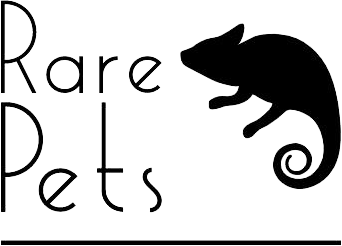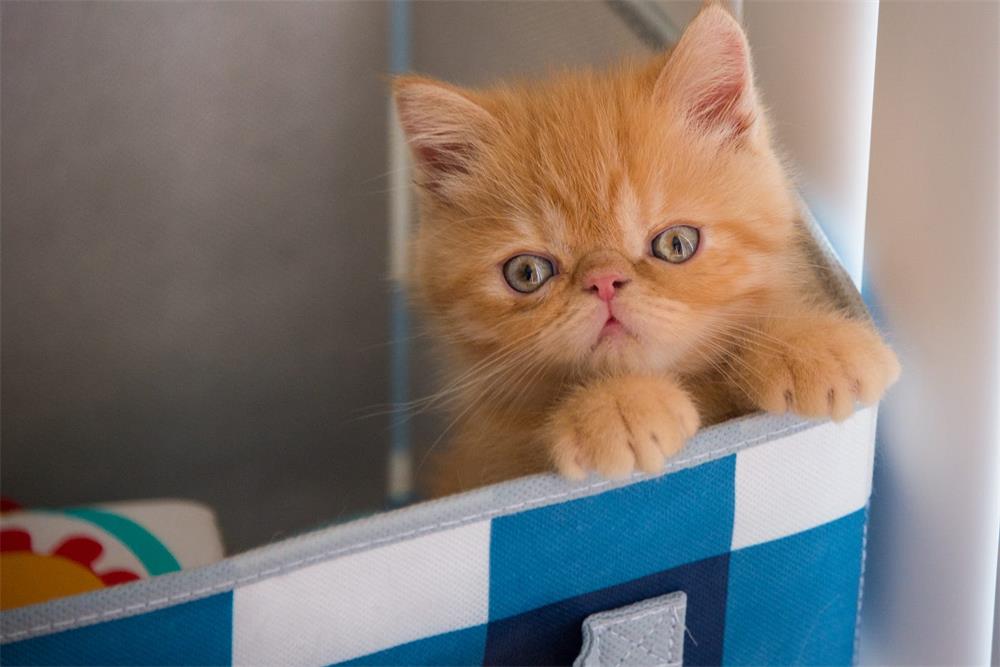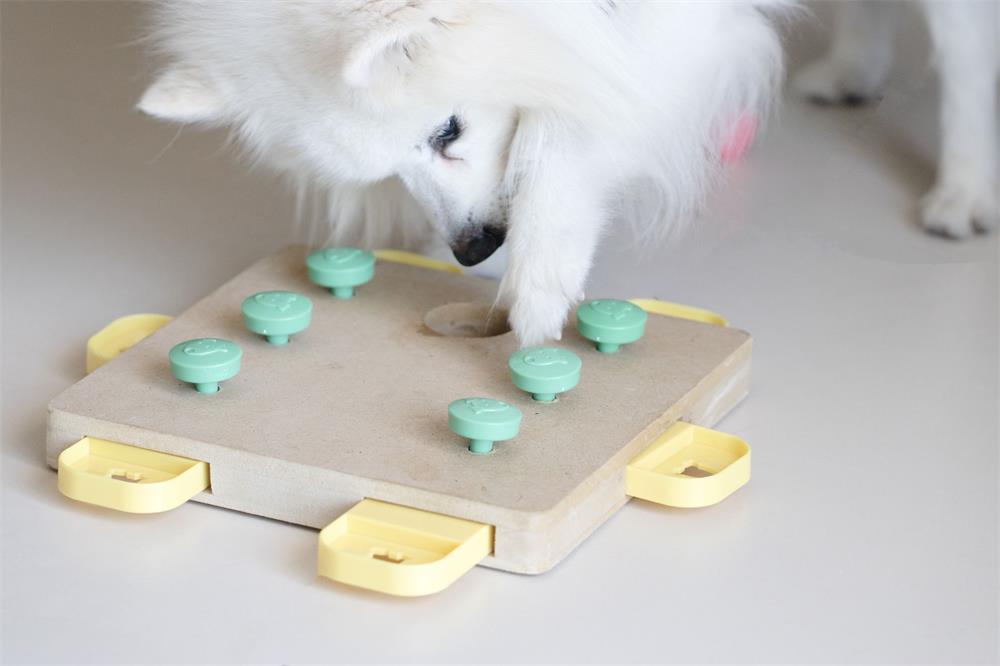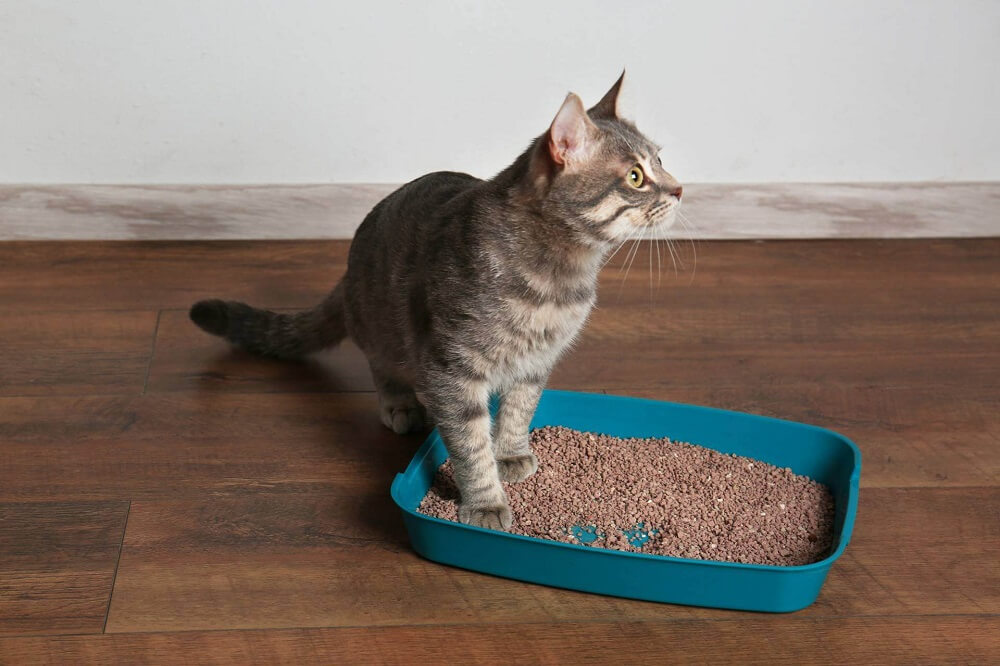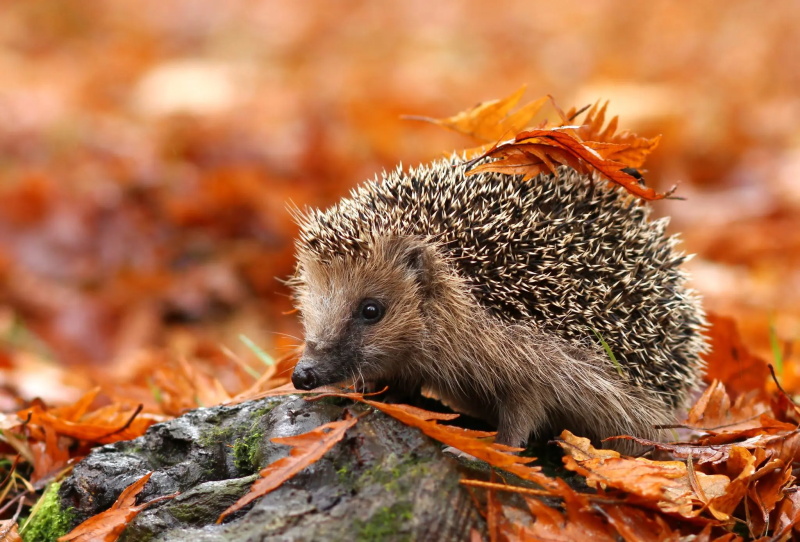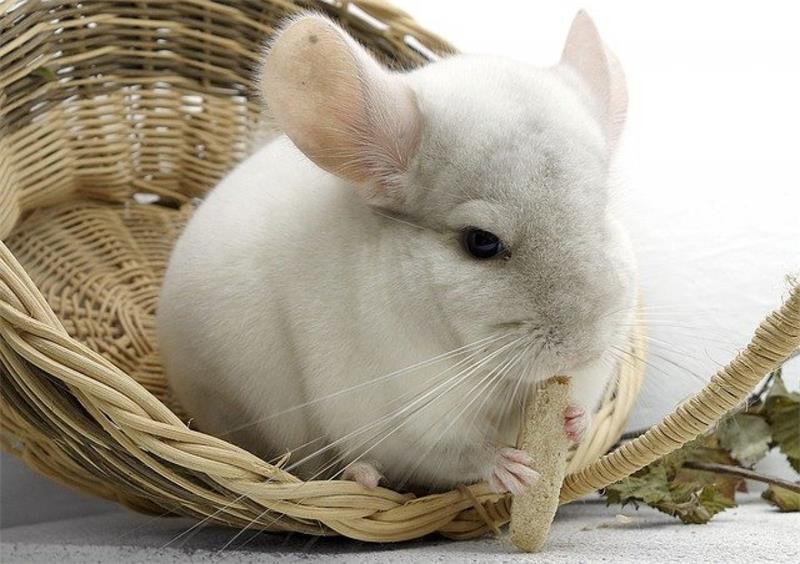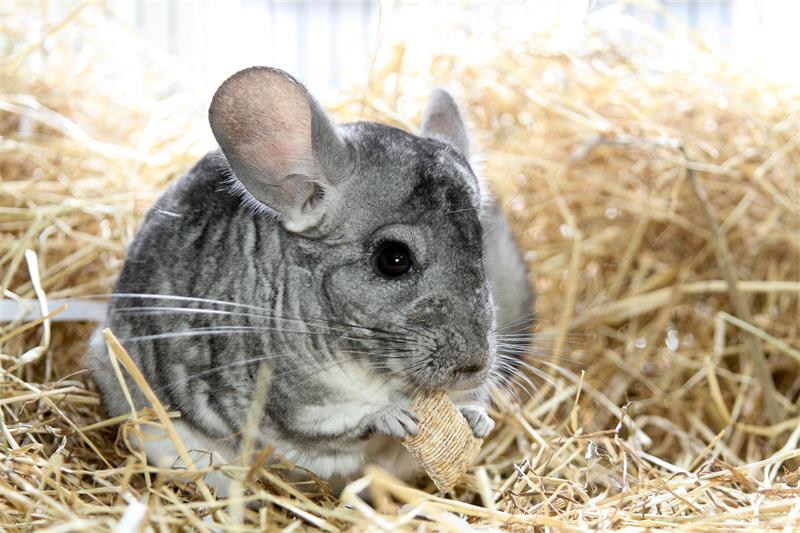A detailed explanation of the nutritional needs and preferences of chinchillas, as well as foods that are harmful or toxic to them.
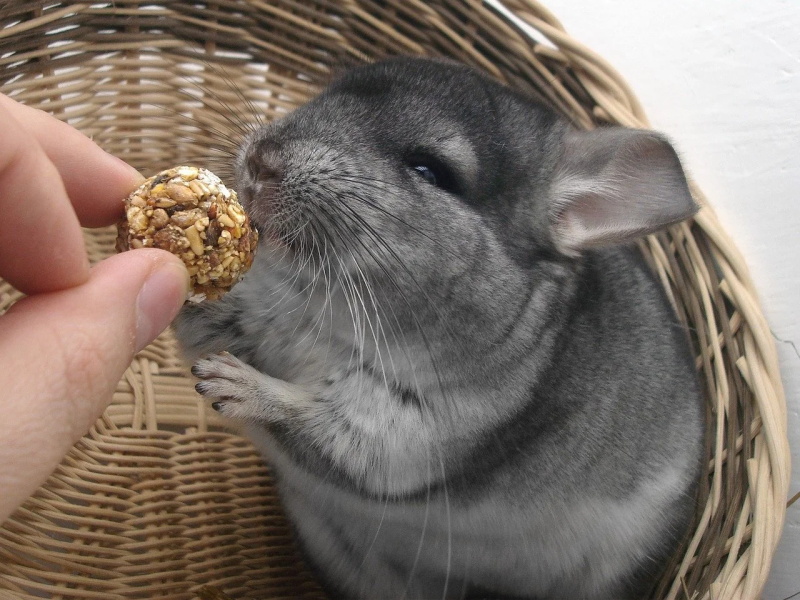
Table of Contents
Chinchillas are adorable and fluffy rodents that originate from the Andes mountains in South America. They have been kept as pets for over a century, and they can live up to 20 years if cared for properly. One of the most important aspects of chinchilla care is providing them with a suitable diet that meets their nutritional needs and preferences, as well as avoiding foods that are harmful or toxic to them. In this article, we will explain what chinchillas eat in the wild, what they should eat in captivity, how much and how often they should be fed, and what foods they should never eat.
What do chinchillas eat in the wild?
Chinchillas are herbivores (plant-eating animals) and in the wild their diet would be bland, feeding off seeds, roots, leaves, fruits, berries, bark, alfalfa and various types of grass, all of which contain a high percentage of fiber. Fiber is essential for chinchillas’ digestive health, as it helps prevent gastrointestinal problems such as diarrhea, constipation, bloat, and impaction. Fiber also helps wear down their teeth, which grow continuously throughout their lives and can cause dental problems if not kept in check.
Chinchillas naturally eat for long periods of time, mainly during the night. They eat by sitting on their hind legs and holding the food in their front paws. They also practice coprophagy, which means they eat their own feces. This may sound gross, but it is actually beneficial for them, as it allows them to reabsorb nutrients and bacteria that aid their digestion.
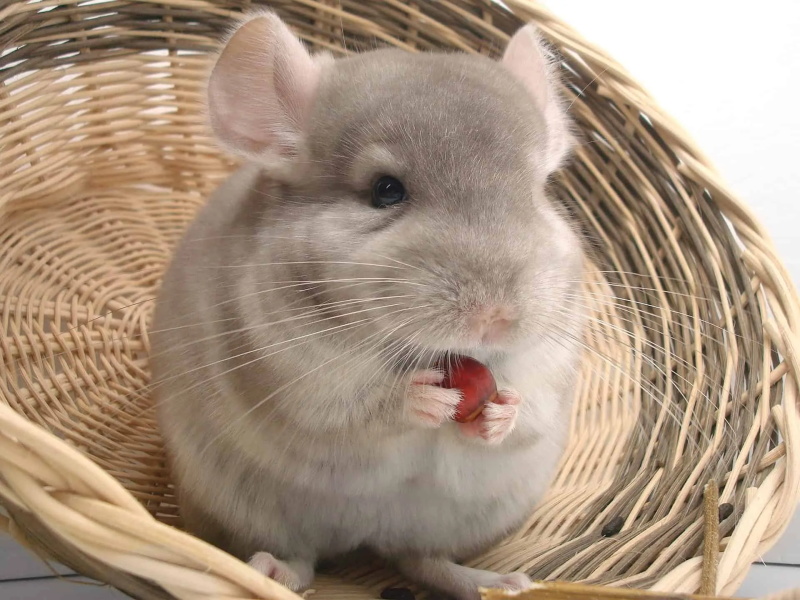
What should chinchillas eat in captivity?
Chinchillas kept as pets need a diet that mimics their natural diet as closely as possible. The main components of a chinchilla’s diet are:
- Hay: Hay is the most important food for chinchillas, and it should make up at least 75% of their diet. Hay provides chinchillas with fiber, which helps them digest their food and prevent gastrointestinal problems. Hay also helps chinchillas keep their teeth healthy by grinding them down. Chinchillas should have access to fresh, clean, and dry hay at all times. A hay rack is a good way of offering hay to your chinchilla. The best types of hay for chinchillas are low-calcium grass hays, such as timothy hay, orchard grass, oat hay, meadow hay, or botanical hay. Avoid alfalfa hay unless your chinchilla is pregnant, nursing, or still growing, as alfalfa hay is high in calcium and protein and can cause bladder stones or obesity.
- Pellets: Pellets are supplementary food for chinchillas that provide them with additional nutrients that they may not get from hay alone. Pellets should make up no more than 25% of your chinchilla’s diet. You should give your chinchilla a small amount (1-2 tablespoons) of pellets every day. The best pellets for chinchillas are plain and grass-based pellets that do not contain any additives like seeds, nuts, dried fruits, or artificial colors or flavors. These ingredients can be harmful or fattening for your chinchilla. You should also avoid pellets that are too old or moldy.
- Greens: Greens are fresh vegetables or herbs that can add some variety and moisture to your chinchilla’s diet. Greens can also provide some vitamins and minerals that your chinchilla may need. However, greens should be given sparingly and occasionally (no more than once or twice a week) as treats. Greens can cause diarrhea or bloating if given too much or too often. You should also introduce new greens gradually and observe how your chinchilla reacts to them. Some safe greens for chinchillas include carrots, kale, parsley, dandelion leaves, cilantro, basil, mint, rosemary, thyme, oregano, and romaine lettuce. Avoid iceberg lettuce as it has no nutritional value and can cause diarrhea.
- Water: Water is essential for your chinchilla’s health and hydration. Chinchillas should have access to fresh and clean water at all times. The best way to provide water to your chinchilla is through a water bottle that attaches to the cage. You should check the water bottle twice a day to make sure it is working properly and not leaking or clogged. You should also change the water every day and clean the bottle regularly. Avoid using water bowls as they can get dirty or spilled easily. You should also avoid giving your chinchilla tap water that contains chlorine or fluoride, as these chemicals can be harmful to your chinchilla. Use filtered or bottled water instead.
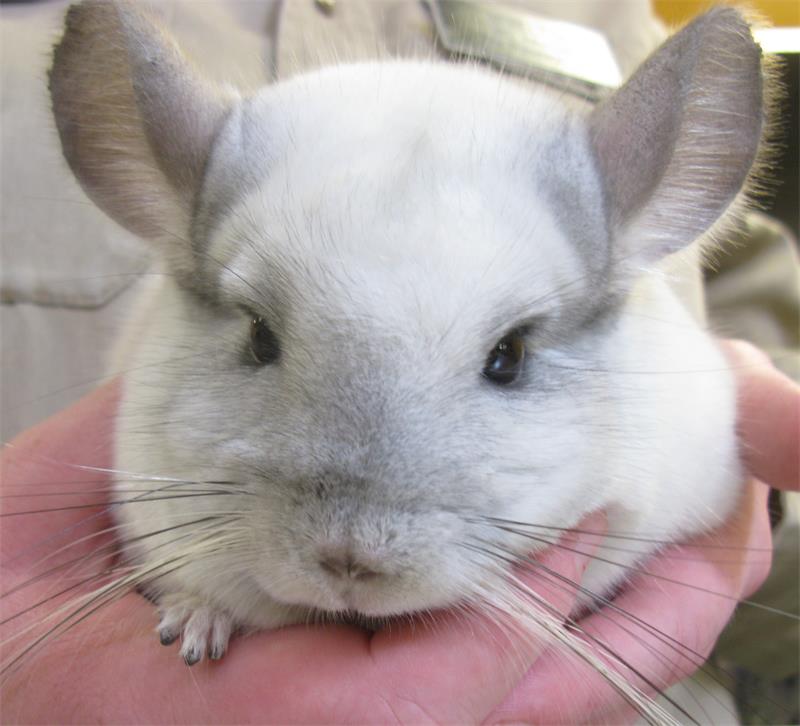
What foods are harmful or toxic to chinchillas?
Chinchillas have very sensitive digestive systems and cannot tolerate many foods that humans or other animals can eat. Some foods are outright poisonous to chinchillas, while others can cause health problems like obesity, diabetes, liver disease, or dental disease. Here are some foods that you should never feed your chinchilla:
- Seeds and nuts: Seeds and nuts are high in fat and calories and can cause obesity and liver disease in chinchillas. They can also get stuck in your chinchilla’s teeth and cause dental problems. Some seeds and nuts, like sunflower seeds, pumpkin seeds, peanuts, almonds, walnuts, or cashews, can also contain toxins or molds that can be fatal to your chinchilla.
- Dried fruits: Dried fruits are high in sugar and can cause diabetes and tooth decay in chinchillas. They can also cause diarrhea or bloating if given too much or too often. Some dried fruits, like raisins, currants, grapes, or prunes, can also contain toxins or sulfites that can be harmful to your chinchilla.
- Fresh fruits: Fresh fruits are also high in sugar and can cause the same problems as dried fruits. They can also be acidic and damage your chinchilla’s teeth. Some fresh fruits, like apples, pears, bananas, strawberries, blueberries, or raspberries, can be given occasionally (no more than once a week) and in small amounts (no more than a teaspoon) as treats. However, you should avoid fruits that have pits or seeds, like cherries, plums, peaches, apricots, or oranges, as they can be choking hazards or contain cyanide.
- Chocolate: Chocolate is toxic to chinchillas and can cause seizures, coma, or death. Chocolate contains caffeine and theobromine, which are stimulants that chinchillas cannot metabolize. Even a small amount of chocolate can be fatal to your chinchilla.
- Dairy products: Dairy products are not suitable for chinchillas as they are lactose intolerant and cannot digest milk or cheese. Dairy products can cause diarrhea, vomiting, or gas in your chinchilla.
- Bread and cereals: Bread and cereals are high in carbohydrates and low in fiber and can cause obesity and dental problems in chinchillas. They can also expand in your chinchilla’s stomach and cause bloating or impaction.
- Meat and eggs: Meat and eggs are high in protein and fat and can cause liver disease and kidney problems in chinchillas. Chinchillas are herbivores and do not need animal protein in their diet.
- Human snacks: Human snacks like chips, crackers, cookies, candy, popcorn, pretzels, or marshmallows are high in salt, sugar, fat, or artificial ingredients and can cause serious health issues in chinchillas. They can also spoil your chinchilla’s appetite for their regular food.
- Plants: Some plants are poisonous to chinchillas and can cause severe reactions like vomiting, diarrhea, seizures, or death. Some common plants that are toxic to chinchillas include azaleas, lilies, ivy, rhubarb, oleander, daffodils, tulips, or foxgloves. You should also avoid giving your chinchilla any plant that has been treated with pesticides or fertilizers, as these chemicals can be harmful to your chinchilla.
How to monitor your chinchilla’s diet and health?
Feeding your chinchilla a balanced and healthy diet is not enough to ensure their well-being. You also need to monitor their eating and drinking habits, their weight and body condition, and their droppings and urine. Here are some tips on how to do that:
- Observe your chinchilla’s eating and drinking behavior: You should watch your chinchilla every day and make sure they are eating and drinking normally. Chinchillas are active mostly at night, so you may not see them eat during the day. However, you should check their food and water levels every morning and evening and make sure they are not empty or contaminated. If your chinchilla stops eating or drinking for more than a day, or if they eat or drink too much or too little, you should contact your vet immediately, as it could be a sign of illness or stress.
- Weigh your chinchilla regularly: You should weigh your chinchilla at least once a month and keep a record of their weight. A healthy adult chinchilla should weigh between 400 and 600 grams, depending on their size and breed. A sudden weight loss or gain of more than 10% of their body weight could indicate a health problem or a dietary imbalance. You should consult your vet if you notice any changes in your chinchilla’s weight.
- Check your chinchilla’s body condition: You should also check your chinchilla’s body condition by feeling their ribs, spine, hips, and abdomen. You should be able to feel their bones under a thin layer of fat and muscle. If you cannot feel their bones at all, they may be overweight. If you can feel their bones too easily, they may be underweight. You should adjust their diet accordingly or seek veterinary advice if needed.
- Examine your chinchilla’s droppings and urine: You should also examine your chinchilla’s droppings and urine every day and make sure they are normal. Chinchillas produce two kinds of droppings: hard, dry pellets that they leave in their cage, and soft, moist pellets that they eat directly from their anus. The hard pellets should be dark brown, oval-shaped, and uniform in size and shape. The soft pellets should be greenish-brown, round-shaped, and covered in mucus. If the droppings are too wet, too dry, too small, too large, discolored, or contain blood or mucus, it could indicate a digestive problem or an infection. Chinchillas’ urine should be clear or pale yellow and odorless. If the urine is dark, cloudy, bloody, or smelly, it could indicate a urinary problem or a kidney problem. You should contact your vet if you notice any abnormalities in your chinchilla’s droppings or urine.
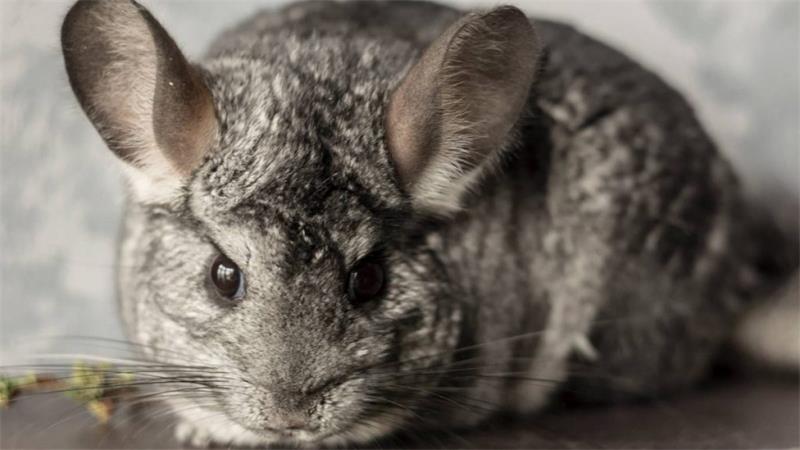
Conclusion
Chinchillas are wonderful and unique pets that require a special diet to thrive. By providing them with hay, pellets, greens, and water, and avoiding foods that are harmful or toxic to them, you can ensure their health and happiness. You should also monitor their eating and drinking habits, their weight and body condition, and their droppings and urine regularly and seek veterinary help if needed. By following these guidelines, you can enjoy a long and rewarding relationship with your chinchilla.
